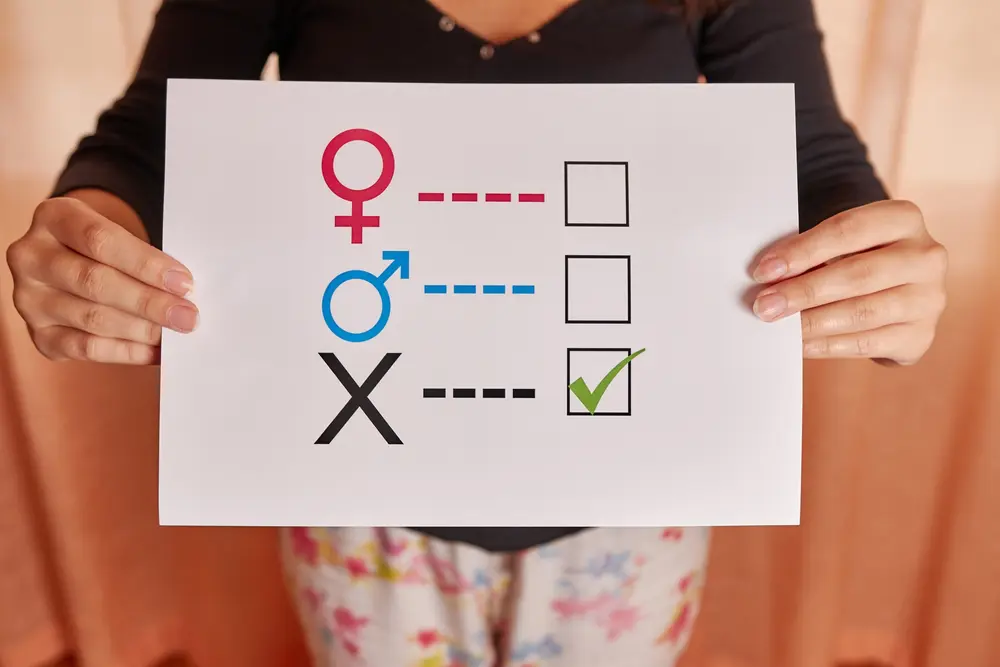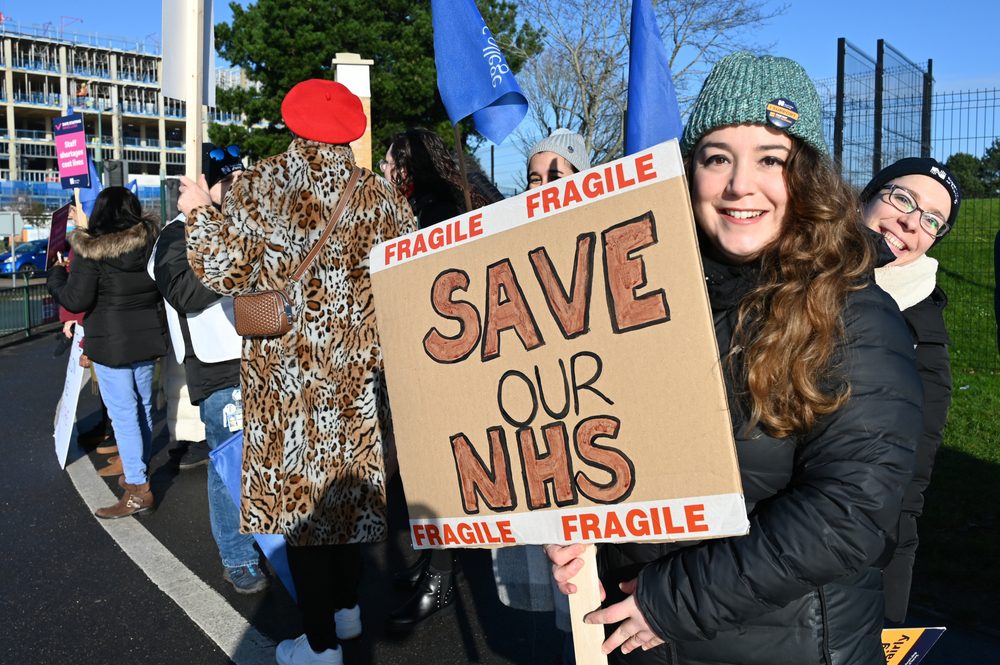
UK, Sweden, and Switzerland Retract Support for Gender Fluidity
The UK is not the only European country to adopt a cautious approach to the sensitive issue of gender identity. Switzerland has also officially called for caution.

The UK is not the only European country to adopt a cautious approach to the sensitive issue of gender identity. Switzerland has also officially called for caution.

48 hours of strike action by British nurses have been thrown into doubt after the High Court ruled it to be illegal.

The strike is getting longer and harder. The RCN has announced that the new phase of the strike, which is due to start on April 30th and last for 48 hours, will this time not spare emergency services or intensive care units.

Many organisations in the UK no longer function, or no longer function in the way originally intended, because they are stuck in a ‘woke’ iron grip.

Feminists fear and some legal scholars argue that the Scottish gender certificate conflicts with the 2010 Equality Act, designed to protect women, giving London an opening for blocking the law.

As even access to a general practitioner has become a tricky proposition for far too many, the ongoing hobbling of Britain’s health service is thrown into sharp relief.

The prime minister is currently reluctant to agree to a pay rise—especially a double-digit one as demanded by the strikers—because he believes it would only reinforce the inflationary spiral.

Gallagher was told that the ideal of treating people on the basis of their character, rather than the colour of their skin, was an “outdated” notion which “could not be tolerated.”

Denmark and the UK have recently reported serious health care backlogs. Waiting lists are normally longer in countries where government has the main, or all, responsibility for funding health care.

When healthcare becomes a part of politics, directly gifted by the State, rather than associated with the State’s duties in an indirect way, it necessarily becomes part of the State’s governmental repertoire. This is a problem.